I'm reading a book at the moment called The Better Angels of Our Nature by Steven Pinker. It's a fascinating read—but what's caught my attention today is a bit where he talks about how the violence of the Middle Ages was reduced not by law or decree—but social mores. By something as seemingly toothless as etiquette manuals.
You see, in the Middle Ages, everybody carried a knife. You needed a knife at least three times a day—for each and every meal. This was a time before place-settings and utensils at each plate. A time when each diner brought their own knife. But for the whole population to always have a weapon within arm's reach was a dangerous thing. It meant that what today might evolve into a fist fight would in that day devolve into a fatal confrontation. How did we ever get past this violent era?
By making the use of a personal knife at the table something completely uncouth. Enter the butter knife and the fork. Enter norms and conveniences in the culture that made it not only unnecessary for everyone to carry a knife: it made it a faux-pas.
Today, very few carry knives around with them, and even fewer take those knives out at the dinner table. And yet—we have an argument taking place in our national dialogue around gun violence and gun safety. We have an assertion:
"The only way to stop a bad guy with a gun is a good guy with a gun."
For a moment, let's step beyond the easy sexism in the phraseology of "good-guy"/"bad-guy" to consider the argument itself:
If a "bad actor" is armed with a weapon, we need "good actors" to be armed to stop them. This would be a perfectly logical statement except for the fact that we've tried it already. And it's not a pretty sight.
Pinker describes an age where violence was within arm's reach—and striking distance—of every soul. An age when sayings like "to cut off your nose to spite your face" were born, and doctors debated whether a cut-off nose could grow back. An age when stabbing wounds were essentially as common as colds.
Gun-rights advocates are often accused of fear-mongering—of casting a dark shadow on the American psyche, but in truth it's the exact opposite. This latest argument takes a tremendously hopeful view of human nature:
That the majority of people are "good actors" and that more good actors with force in their hands will overwhelm the few bad actors out there. To these advocates, more guns for everyone is a good thing, not a bad thing—because most of these everyones are at heart good people who will do what's right. But the world isn't quite like that.
The world isn't divided into "good people" and "bad people." If it was, it would be pretty easy to reduce violence down to zero. The problem is that people aren't all one thing. They do good things sometimes, and sometimes they do bad things. Most people most of the time are doing good things—or at least not destructive, dangerous things. The problem is that most people at some time or another will do a destructive or dangerous thing. At those moments—when someone at the bar is being an asshole or when someone you deeply care about betrays you—it's a bad idea for society to have put a weapon in your pocket. Or on your belt.
Pinker begins his chapter describing the stupidity of some of our table manners. Why is it bad form to use your knife to push food onto your fork? By the end of the chapter, he's learned that it's little things like this—as insignificant as table manners—that have reduced violence so dramatically in modern times.
How, then, should we greet the Texas law that was just passed—the one that lets citizens carry guns openly on their belts? Maybe not only with competing legislation—but competing social mores. Sure, the law says you can carry your gun openly—but will your friends and neighbors? Will your dinner companions? Laws can change what people do; but society can change what people want to do. Who people want to be.
Where does this take the gun debate? To the kitchen table.


